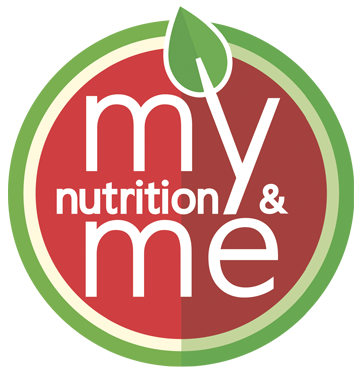Vitamin D is a fat-soluble vitamin that is naturally present in very few foods likes eggs and fatty fish such as swordfish, salmon, tuna, herring, and sardines. Vitamin D can also be made by the body when skin is exposed to sunlight. A lack of vitamin D can lead to health problems like weak bones, cancer, and heart disease. In recent years, vitamin D has been linked to a variety of other health benefits, including reducing the risk of obesity.
There is evidence to suggest that vitamin D deficiency is associated with increased body fat and obesity. One study found that vitamin D deficiency was associated with a greater accumulation of abdominal fat. Another study found that vitamin D supplementation reduced body fat mass in obese individuals. Multiple studies have shown an inverse relationship between vitamin D level and body mass index (BMI) in adults. Some studies showed obesity being one of the factors contributing to vitamin D deficiency.
The mechanisms by which vitamin D may influence body fat and obesity are not fully understood. However, vitamin D is known to regulate the expression of genes involved in fat cell differentiation and proliferation. Additionally, vitamin D plays a role in insulin sensitivity and glucose metabolism, both of which are important in the development of obesity.
Lately, vitamin D deficiency, defined as a serum concentration of 25-hydroxyvitamin D (25(OH)D) below 50 nmol−1 or 20 ng mL−1. Obese individuals need higher doses of vitamin D to achieve the same serum 25-hydroxyvitamin D as normal weight. Furthermore, studies have shown improvement in vitamin D status after weight loss.
It has been found that obese adults are at higher risk for vitamin D deficiency possibly due to inadequate dietary intake of vitamin D including fortified dairy products in the United States of America. Sedentary lifestyle resulting in low sunlight exposure may lead to vitamin D deficiency. Intake of certain medications may contribute to vitamin D deficiency including steroids, Orlistat, and cholesterol lowering medications. Orlistat is a medication that promotes weight loss by decreasing the amount of fat absorbed in the intestines. Additionally, serum 25(OH)D tend to be lower among African Americans than among Caucasians.
In addition to obesity, there are some individuals at increased risk for vitamin D deficiency including individuals with depression, insulin resistance, hypertension, autoimmune disorders, malabsorption, pregnancy and lactating, cardiovascular, bone, liver, and kidney diseases. Low vitamin D status has been associated with increased risk of hypertension, cardiovascular disease, type 2 diabetes, and certain cancers. Autoimmune conditions including rheumatoid arthritis, Crohn’s disease, multiple sclerosis, and type 1 diabetes mellitus, as well as inflammation have been linked with inadequate vitamin D status.
Physicians should screen for vitamin D deficiency in the obese populations, especially among Asian and black races, elderly, and individuals at high risk due to comorbidities. Sunlight exposure of 15-20 minutes at midday a few times per week is needed. Supplementation of vitamin D3 is required and should be prescribed based on individual basis. Monitoring efficacy of vitamin D supplementation and switching to maintenance dose is important to help prevent toxicity and/or adverse side effects.
Further research is needed to determine the exact role of vitamin D in the prevention and treatment of obesity. However, the evidence to date suggests that vitamin D may be an important factor in maintaining a healthy body weight.
References
Daniel D, Hardigan P, Bray N, Penzell D, Savu C. The incidence of vitamin D deficiency in the obese: a retrospective chart review. J Community Hosp Intern Med Perspect. 2015;5(1):26069. Published 2015 Feb 3. doi:10.3402/jchimp.v5.26069
Gropper, S. S., Smith, J. L., & Carr, T. P. (2017). Advanced Nutrition and Human Metabolism (7th ed.).
Institute of Medicine, Food and Nutrition Board. Dietary Reference Intakes for Calcium and Vitamin D. Washington, DC: National Academy Press, 2010.
Crichton GE, Alkerwi A. Whole-fat dairy food intake is inversely associated with obesity prevalence: findings from the Observation of Cardiovascular Risk Factors in Luxembourg study. Nutr Res. 2014 Nov;34(11):936-43. doi: 10.1016/j.nutres.2014.07.014. Epub 2014 Jul 30. PMID: 25159495.
Liu X, Baylin A, Levy PD. Vitamin D deficiency and insufficiency among US adults: prevalence, predictors and clinical implications. Br J Nutr. 2018 Apr;119(8):928-936. doi: 10.1017/S0007114518000491. PMID: 29644951.

